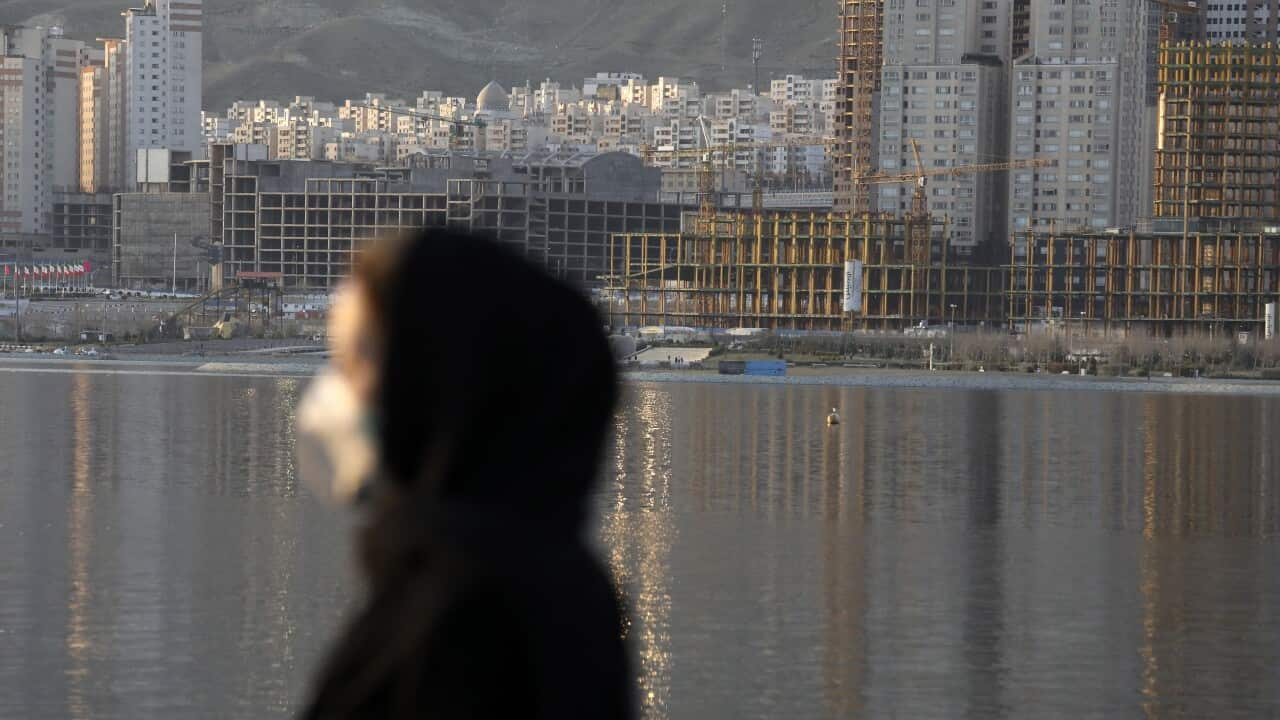- Joined
- Mar 12, 2020
- Messages
- 78
- Reaction score
- 163
First off, despite my join date I'm not a newb popping out of the woodwork during the crisis. I've been around for a while but haven't posted since 2018, here is the link to my old profile for which I've lost the password lol.
Anyway, the reason I decided to pop back in here is that I think people might be underestimating the risk to their own health from this novel form of SARS. While it's true that most healthy individuals under the age of 40 will probably have a very mild or even asymptomatic course of the illness, this is not always the case. For some reason that is currently poorly understood, between 1 in a 100 and 1 in a 1000 young, healthy individuals are not able to kick the initial insult and devolve into severe interstitial pneumonia between days 6-10 post symptom onset.
What's worse for us specifically is that there is anecdotal data out of China that healthcare workers have a higher rate of serious illness compared to others of similar age and health status. This is most likely due to working till exhaustion, being repeatedly blasted with high viral loads, and not initiating bedrest until symptoms become severe. Several physicians in their late 20s and early thirties have died in Wuhan. Not a huge number of deaths, but consider that merely having a severe course of illness leading to viral pneumonia increases your chances of pulmonary fibrosis and reduced pulmonary capacity for the remainder of your life.
Right now I'm an M4 and since I hustled to finish all my on-site 4th year rotations by February I'm fortunate not to have to step foot in the hospital and expose myself until residency begins in July. I'm under no delusion that this situation will be under control by then, so I've resigned myself to almost certainly catching this thing sooner or later. When I do start feeling sick, I'm not going to take any chances and will take all the rest I need to start feeling strong as an ox again before returning to my duties. As relatively young, healthy people our chances of getting over this thing unscathed are good, but they become less good if we don't give our bodies every opportunity to fight during these crucial first 10 days of mild symptoms. It's a personal decision but for me my health is paramount and I'll go to any length to preserve it.
Anyway, the reason I decided to pop back in here is that I think people might be underestimating the risk to their own health from this novel form of SARS. While it's true that most healthy individuals under the age of 40 will probably have a very mild or even asymptomatic course of the illness, this is not always the case. For some reason that is currently poorly understood, between 1 in a 100 and 1 in a 1000 young, healthy individuals are not able to kick the initial insult and devolve into severe interstitial pneumonia between days 6-10 post symptom onset.
What's worse for us specifically is that there is anecdotal data out of China that healthcare workers have a higher rate of serious illness compared to others of similar age and health status. This is most likely due to working till exhaustion, being repeatedly blasted with high viral loads, and not initiating bedrest until symptoms become severe. Several physicians in their late 20s and early thirties have died in Wuhan. Not a huge number of deaths, but consider that merely having a severe course of illness leading to viral pneumonia increases your chances of pulmonary fibrosis and reduced pulmonary capacity for the remainder of your life.
Right now I'm an M4 and since I hustled to finish all my on-site 4th year rotations by February I'm fortunate not to have to step foot in the hospital and expose myself until residency begins in July. I'm under no delusion that this situation will be under control by then, so I've resigned myself to almost certainly catching this thing sooner or later. When I do start feeling sick, I'm not going to take any chances and will take all the rest I need to start feeling strong as an ox again before returning to my duties. As relatively young, healthy people our chances of getting over this thing unscathed are good, but they become less good if we don't give our bodies every opportunity to fight during these crucial first 10 days of mild symptoms. It's a personal decision but for me my health is paramount and I'll go to any length to preserve it.

